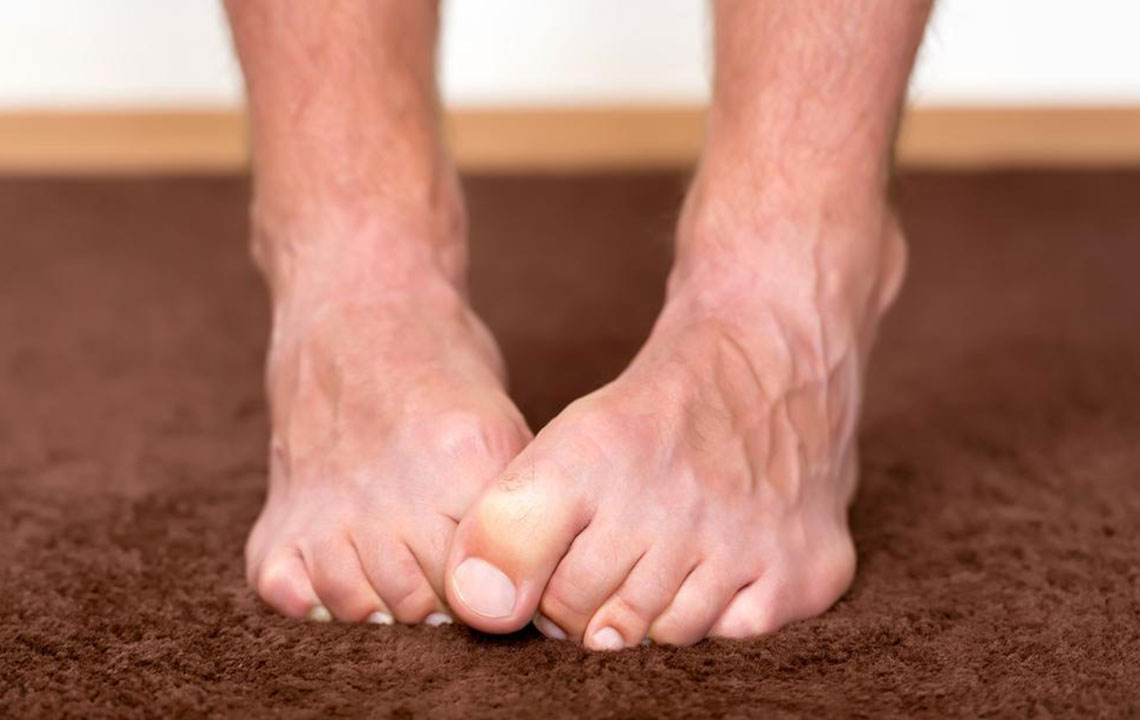Comprehensive Guide to Peripheral Nerve Damage: Causes, Signs, and Treatment Options
Learn about peripheral nerve damage, including its causes, symptoms, and available treatment options. Early diagnosis and targeted therapies are crucial for effective recovery and improving quality of life. This comprehensive guide offers insights into managing nerve impairments caused by conditions like diabetes, alcohol abuse, or chronic illnesses.

Comprehensive Guide to Peripheral Nerve Damage: Causes, Signs, and Treatment Options
The nervous system plays a vital role in controlling many essential bodily functions. When nerves sustain damage, it can lead to serious health concerns requiring medical attention. Nerves are divided into three main types based on their functions:
Sensory nerves – Responsible for transmitting sensations such as pain and temperature.
Motor nerves – Send signals from the brain to muscles to enable movement.
Autonomic nerves – Manage involuntary actions like blood pressure regulation and heart rate.
Damage to any of these nerve types can result in peripheral nerve damage, a condition affecting nerves outside the brain and spinal cord. Effective treatment involves addressing the fundamental causes. A neurologist is the specialist best suited to diagnose and recommend appropriate therapies after tests and examinations.
Common causes of nerve damage include:
Diabetes: High blood sugar levels can impair nerve functioning by reducing blood flow to nerves.
Alcohol intake: Excessive drinking damages nerves and should be minimized or avoided during treatment.
Medication side effects: Long-term use of certain medications, such as chemotherapy drugs, can harm nerve tissues.
Chronic illnesses: Conditions like cancer, liver, or kidney disease weaken the body's systems, increasing nerve susceptibility.
Unknown causes: About one-third of cases are idiopathic, meaning their origin is not identified.
Symptoms depend on affected nerves and may involve sharp pain, numbness, muscle weakness, or reduced sensation to temperature, requiring prompt attention. Diagnosis typically includes physical assessment, medical history review, blood testing, and electromyography (EMG) to evaluate nerve activity.
Treatment strategies include:
Managing underlying conditions such as diabetes and reducing alcohol consumption.
Supplementing vitamins to correct deficiencies.
Engaging in physiotherapy to strengthen nerves and muscles.
Considering surgical options in severe or injury-related cases.
Using appropriate medications for pain relief and symptom control.
Early detection and tailored treatment are essential for optimal recovery. Combining therapies and proper ongoing care can greatly enhance life quality for individuals with nerve damage.


